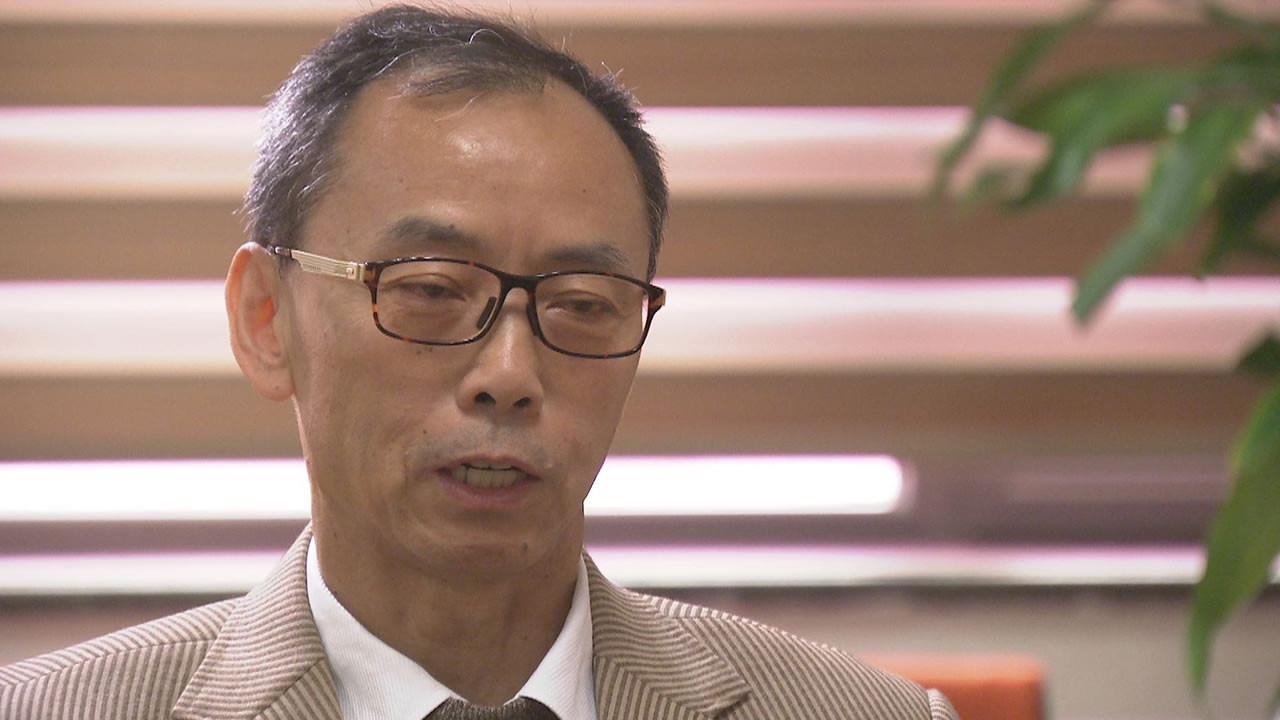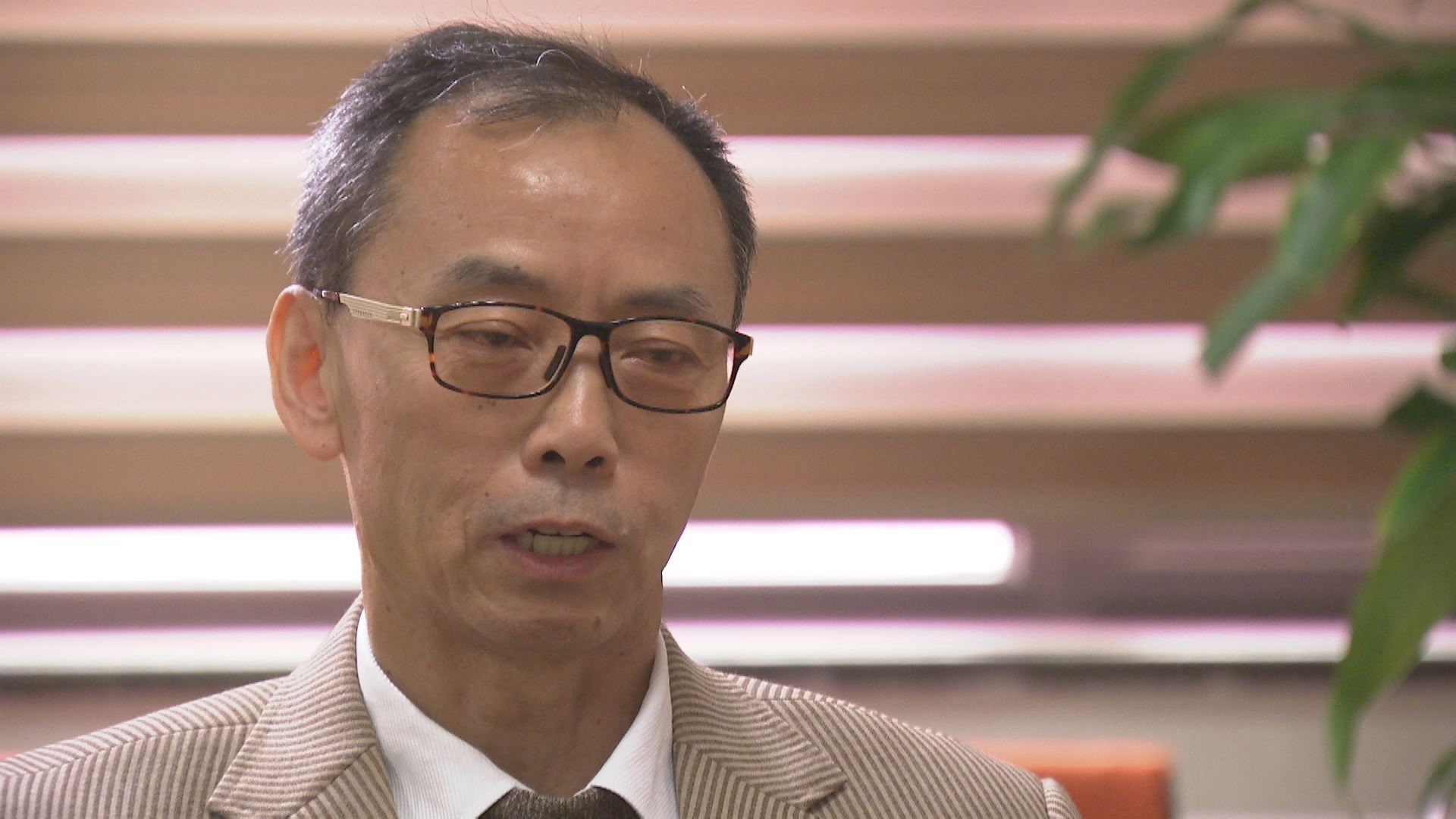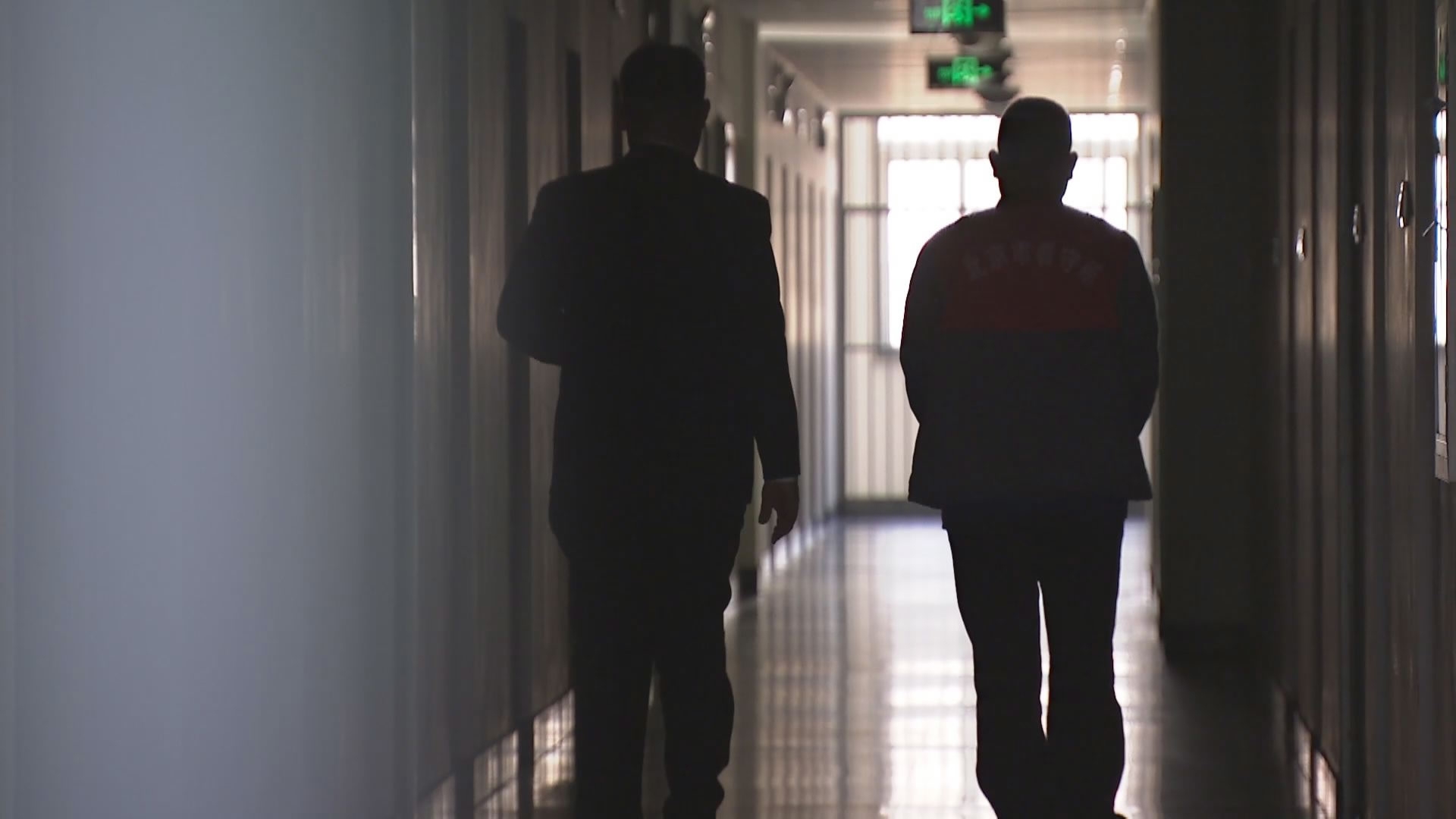
Politics
07:41, 12-Mar-2017
Special interview: Treating the symptoms of corruption, and dealing with the causes
Updated
11:00, 28-Jun-2018

By CGTN's Han Bin
Professor He Jiahong is a respected legal scholar and author from China Renmin University. He is also the director of the Center for Anti-corruption and Rule of Law. CGTN reporter Han Bin interviewed him, on the causes and symptoms of corruption.
Dealing with the causes
He Jiahong believes the causes of corruption in China are very complicated. There are individual factors, but there are other causes as well. For example, there are social and cultural causes. Chinese people heavily rely on relations. “Gift-giving” is deeply rooted in the culture. People would like to find ways to do things through the backdoor, to get privilege and special treatment.

CGTN Photo
CGTN Photo
“Many people would say they hate privilege, but in fact they hate other people’s privilege, they always want their own privilege,” said He.
He Jiahong points out that the system and institutions have loopholes. For example, the power is heavily centralized. There’s no effective checks or supervision of power, so it can be very easy for officials to become corrupt. In China, public officials don’t have the habit of abiding by the law. They go about their work, according to the orders of superior officials. He says over the past 30 years, China has promulgated some 1000 laws and regulations -- this is quite an achievement as a nation, but the problem for rule of law in China is the enforcement of the law. He believes that to fight corruption, the government has to fix loopholes in the system first, and to foster a culture that respects the rule of law.

CGTN Photo
CGTN Photo
Deterrence is prevention
He Jiahong says China’s anti-corruption campaign has made great achievements, hitting “tigers and flies”. But that only deals with the symptoms of corruption. Now the point is how to shift from treating the symptoms to dealing with the causes. This is a challenge to the leadership. One way is to make good anti-corruption legislation.
He Jiahong says the effectiveness of fighting corruption is based on prevention, rather than focusing on those who have already committed misdeeds. A kind of forgiveness can be given to those committed long time ago, by setting a point in time for corrupt officials to declare assets. What’s needed is an effective accountability system that ensures effective prevention and oversight of those in power. Deterrence is key in prevention.

CGTN Photo
CGTN Photo
The CPC says the country will establish a national supervisory commission and push the stipulation of a law on national supervision, as part of efforts to reform the state supervisory system. He Jiahong says as one root cause of corruption in China is overly centralized power, the country needs to find a way to separate powers, and to have checks against power. Many experts say the new commission will be the fourth power in China, along with the State Council, the Supreme People’s Court, and the Supreme People’s Procuratorate. He Jiahong says setting up a supervision commission is another step towards the separation of powers, which would be a progress. The challenge is still how to separate the party’s power, and the state power in this regard.

SITEMAP
Copyright © 2018 CGTN. Beijing ICP prepared NO.16065310-3
Copyright © 2018 CGTN. Beijing ICP prepared NO.16065310-3